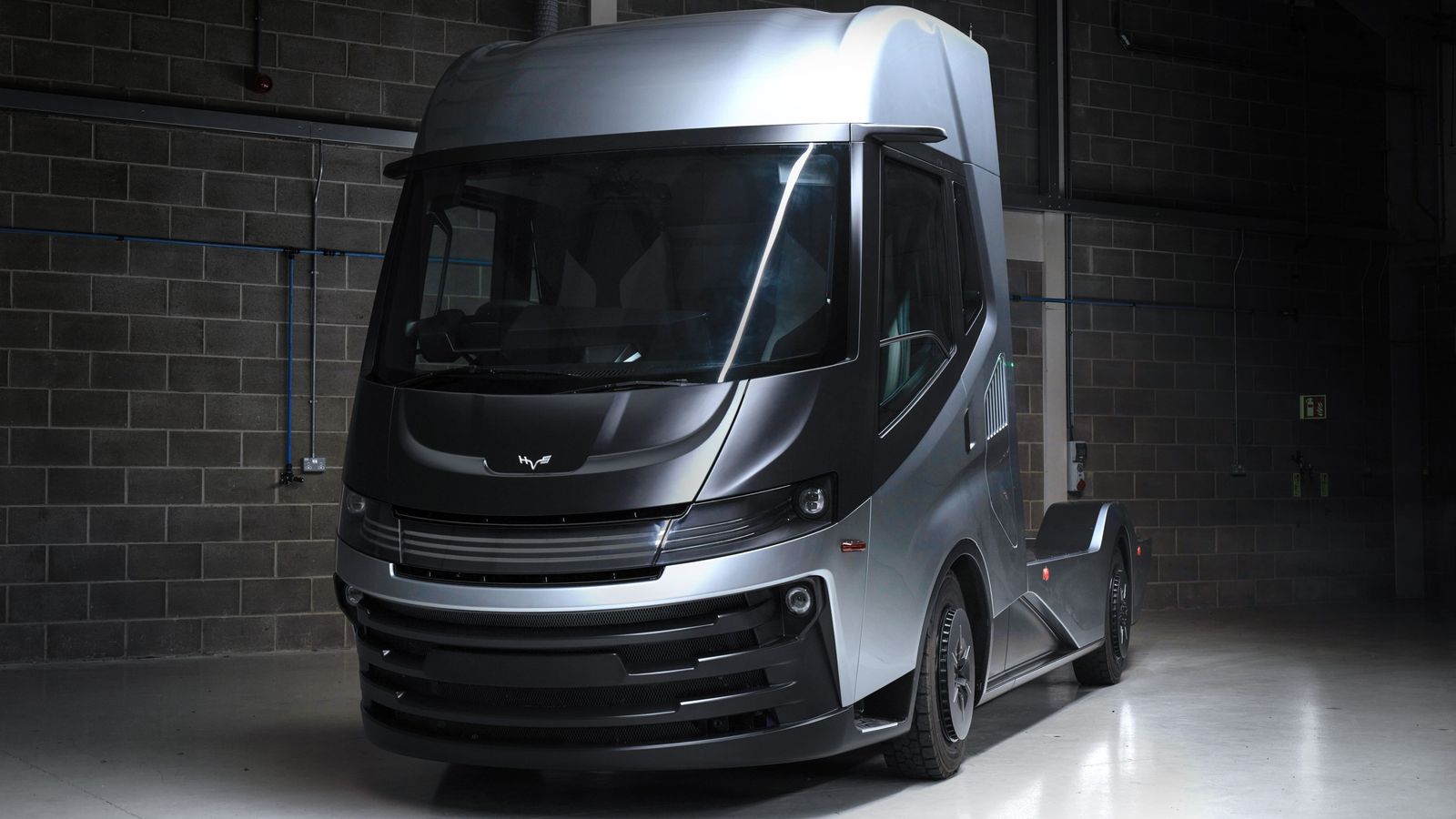A British vehicle maker is part of a consortium that has been awarded £6.6m in government funding to make the world’s first self-driving, hydrogen-powered heavy goods vehicle for Asda to trial.
Glasgow-based Hydrogen Vehicle Systems (HVS) is developing two prototype HGVs as part of a group which includes supermarket giant Asda.
The third member of the consortium is UK self-driving technology firm Fusion Processing.
The project is estimated to cost £12m, with one of the vehicles set to be fitted with a driver’s cab and be tested on the roads, operating autonomously but with a driver at the wheel.
Another will operate without a driver cab and be evaluated on test tracks with a driver operating it remotely.
Through sensor technology, cameras, and artificial intelligence, it is hoped the vehicle will operate with a remote driver for some journeys.
HVS hopes the vehicles can help with issues in the haulage industry such as driver shortages.
Asda faces prospect of strikes over plans that risk thousands of job losses
Will Ferrell stars as Buddy the Elf in Asda’s Christmas advert
Co-op sells petrol station business to Asda for £600m
It also claims the technology will improve driver quality of life by offering less intensive shifts and helping with work-life balance.
Self-driving vehicles will also reduce energy and tyre emissions by better managing acceleration and braking, it added.
Commenting on the announcement, Business Secretary Grant Shapps said: “In just a few years’ time, the business of self-driving vehicles could add tens of billions to our economy and create tens of thousands of jobs across the UK.
“This is a massive opportunity to drive forward our priority to grow the economy, which we are determined to seize.
“The support we are providing today will help our transport and technology pioneers steal a march on the global competition, by turning their bright ideas into market-ready products sooner than anyone else.”
The group effort must show a sustainable commercial service by 2025 and is being backed by the UK’s Centre for Connected Autonomous Vehicles, a government funded project.
Please use Chrome browser for a more accessible video player
Hydrogen is increasingly being used to decarbonise energy intensive industries such as steel and heavy goods transport.
Hydrogen is an invisible, clean energy gas which experts generally agree the UK will need a significant proportion of hydrogen to reach net zero – reducing carbon emissions and offsetting the rest – by 2050.








